Fuel First: The Resources We Need to Live
Neither man nor machine can function without fuel! We need a variety of healthy fuel sources to move, think, repair, and regenerate.
Take the brain for instance. At its simplest, the brain is a bundle of fat and protein. Fat myelinates your nerve cells and helps speed up communication. Proteins called peptides make up other parts of the brain and neurotransmitters. Glucose (sugar), ketones, and other polysaccharides fuel the brain with energy so we can carry out all our daily functions and think.
There are three main types of fuel everyone needs to survive: fat, protein, and sugar.
Fats
The body needs fat to thrive. All your cells are held together by a membrane of fat that regulates what comes in and out of the cells. Cells use fat as fuel, since it converts more easily into fuel than protein or sugars. Fat is also necessary to build cholesterol, hormones, and neurotransmitters.
Fat absorbs toxins and keeps them from entering healthy cells. When fats in the cell membrane absorb too many toxins, they are replaced with new, healthy fats.
Unfortunately, a diet full of junk and processed food contains low quality or damaged oils. They have already been oxidized and cannot be used to repair the cell membranes or make essential hormones. To replace the old fats, the body has to neutralize the free radicals of the damaged oils and use up your antioxidant stores. In the end, you can repair your fatty membranes, but you lose energy and vitality doing so.
The better way to “change your oil” is by eating healthier fats and nutrients that support healthy cells in the first place. Reduce your toxic load, eat healthy non-inflammatory fats, and fill up on fat soluble vitamins like vitamin D3, vitamin A, and vitamin E.
Proteins
You can get proteins from either plant or animal sources. Proteins are necessary to rebuild muscle and organ tissues, as well as to provide energy. The muscles, glands, and organs are mostly made from proteins and various minerals. Like the brain, they require sugar to function, as well as amino acids, fluids, and electrolytes.
Sugar
Sugar is harmful, right? While refined sugar does cause inflammation and a range of health problems, the body needs healthy sugars to function.
What is healthy sugar? There are 8 sugar types (called glyconutrients) that the body uses to make essential polysaccharides that make up your cells and tissues, as well as to turn certain genes “on” or “off.” These are found in healthy fruits, vegetables, and certain grains.
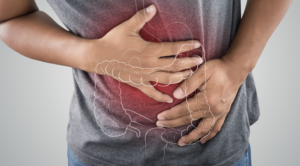



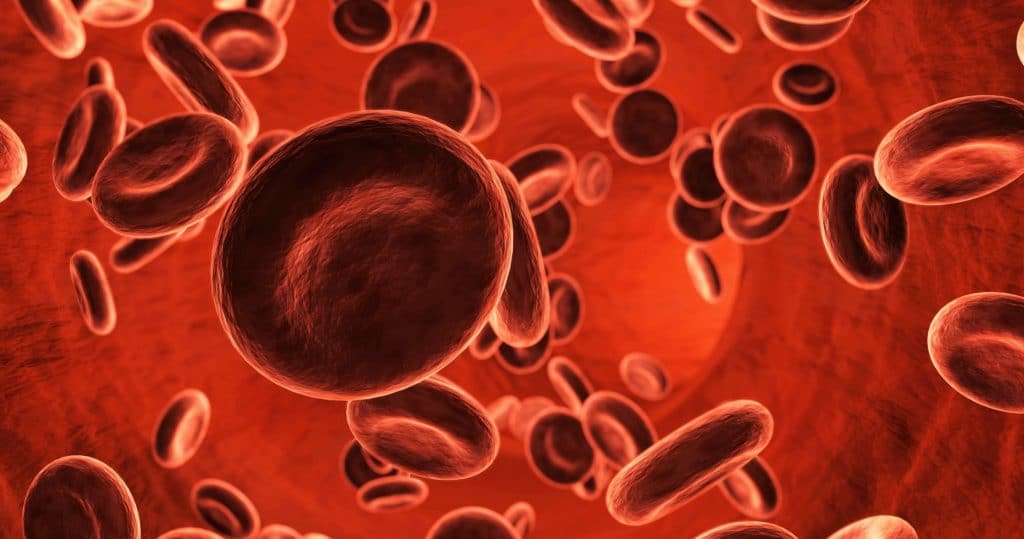
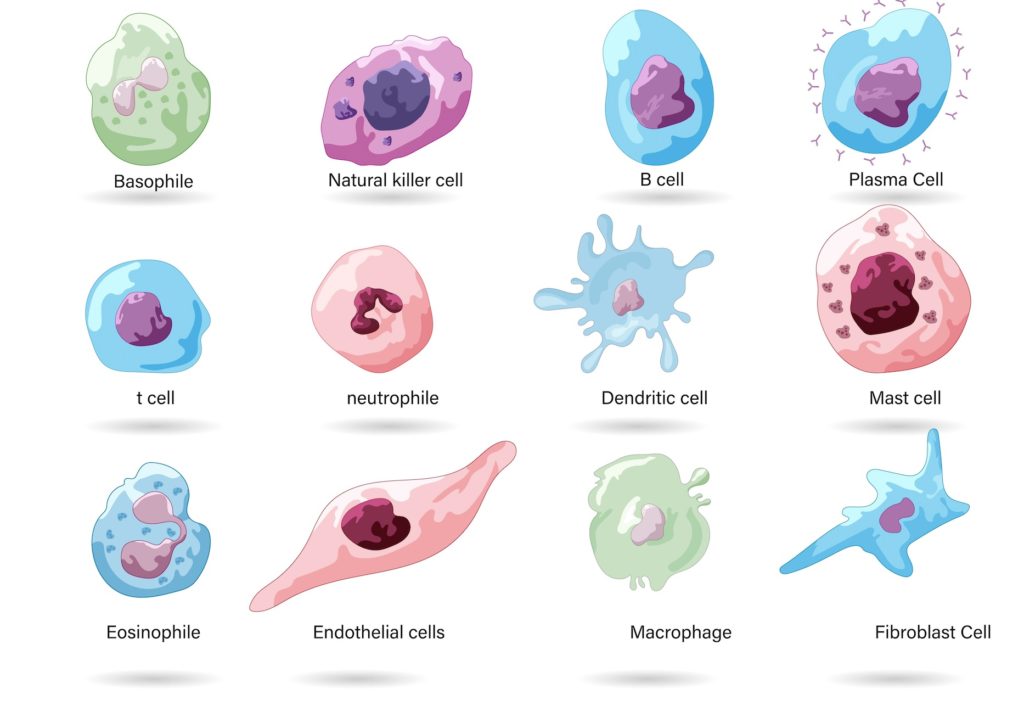
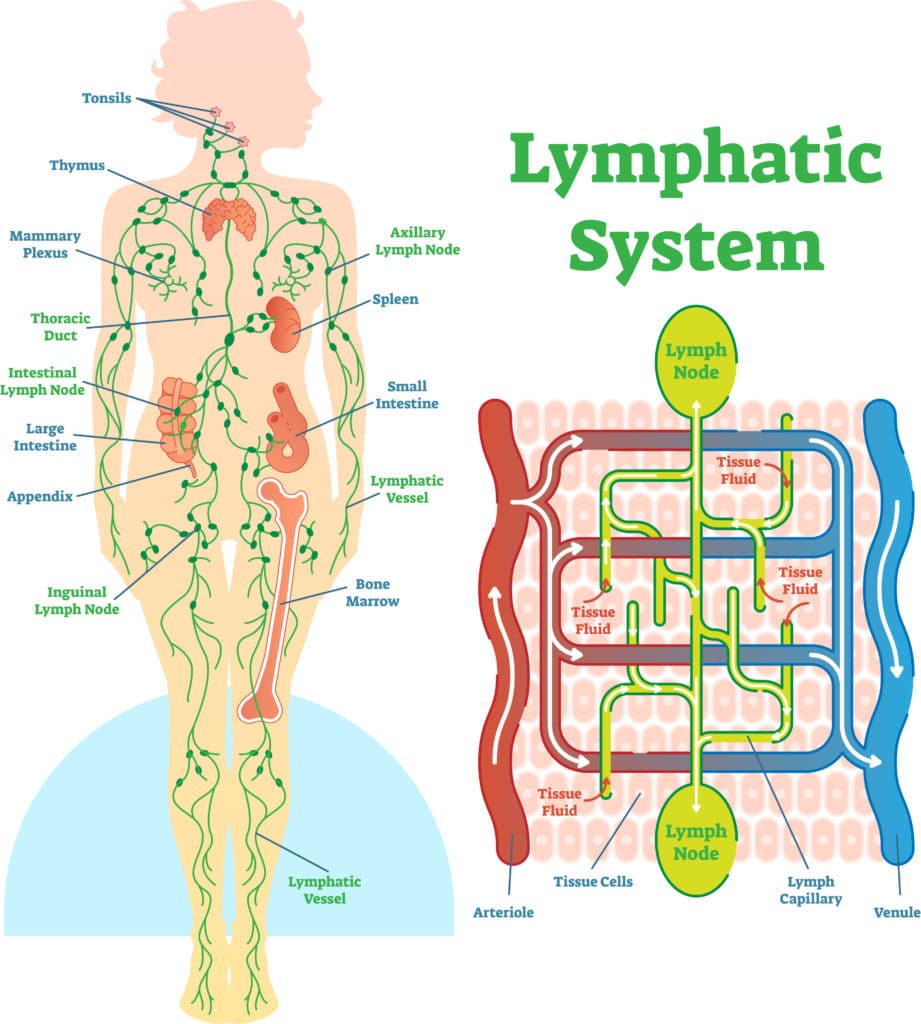


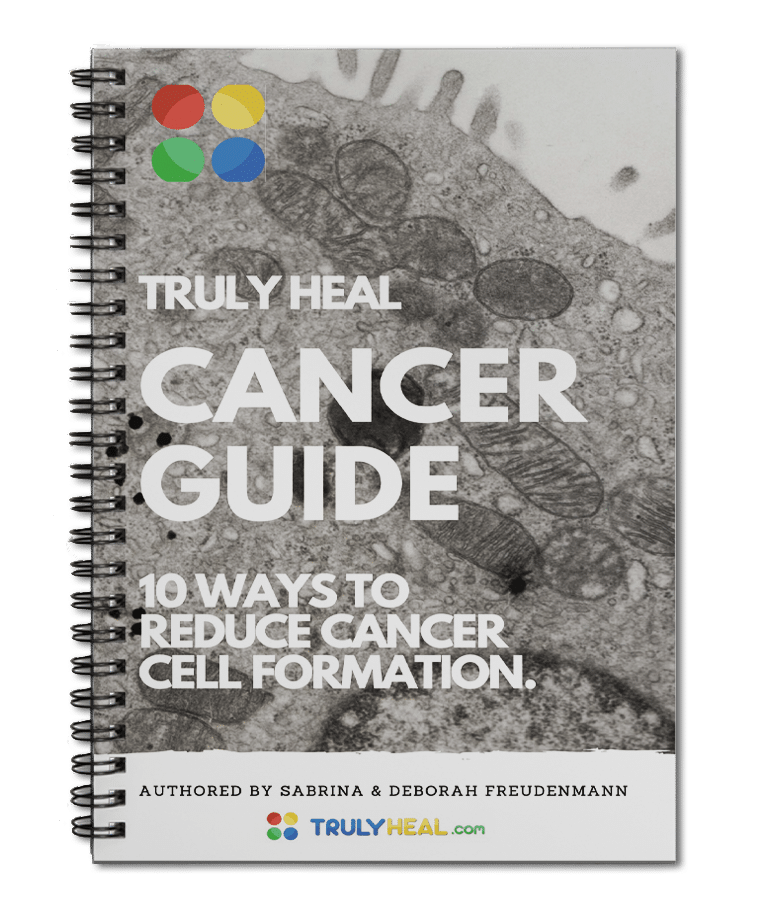
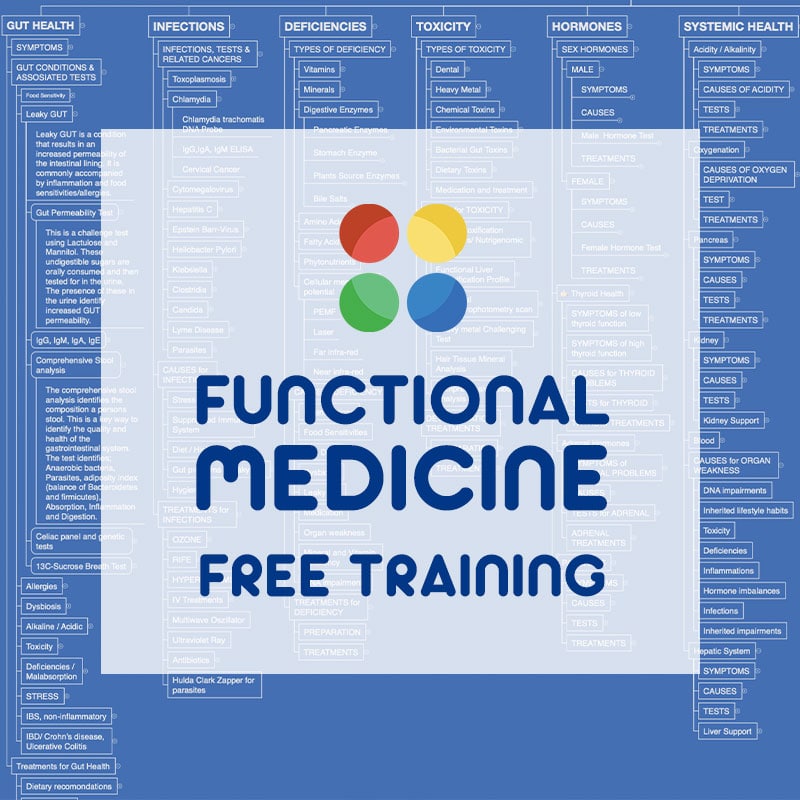
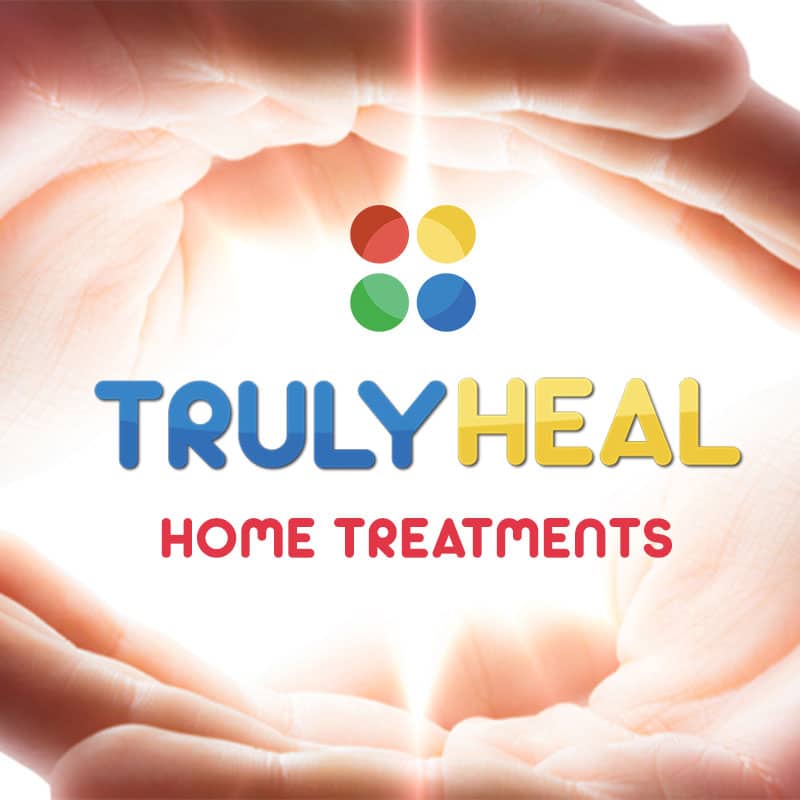

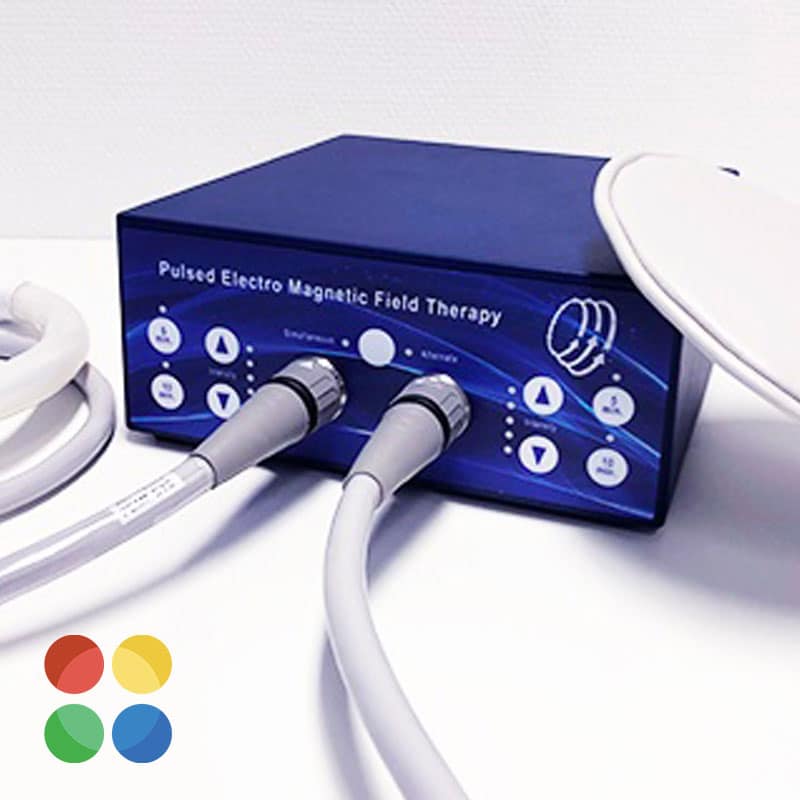

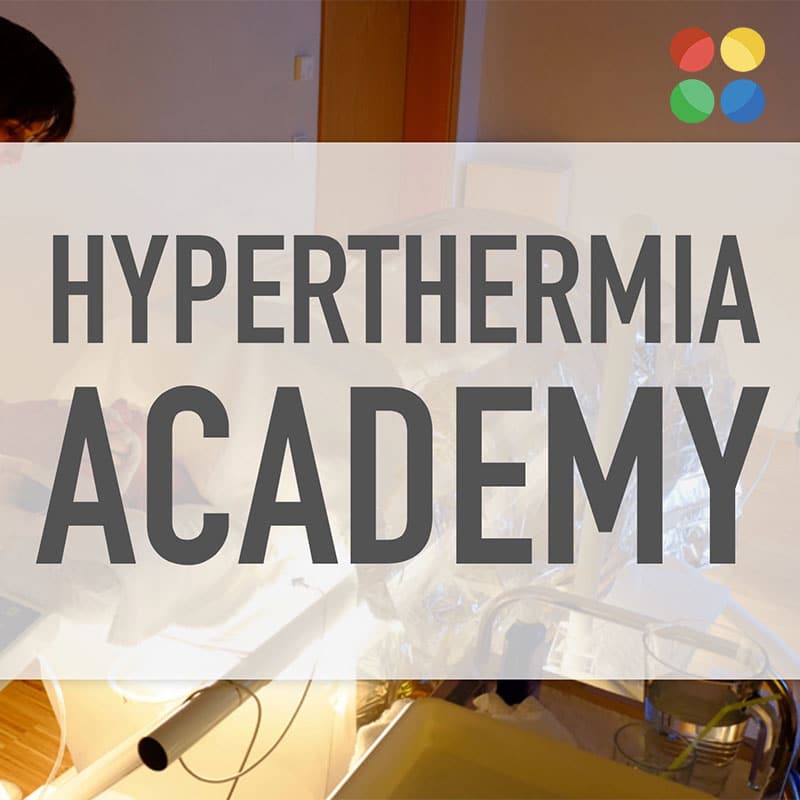


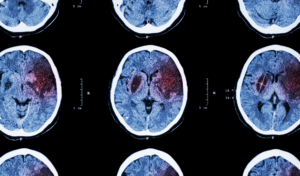
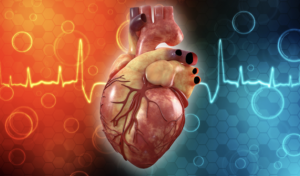
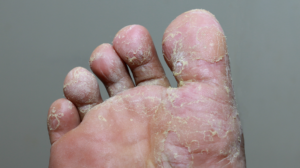

One Response
Hi Deborah,
Thanks so much for this and other posts. I read them all and look forward to many more as I ( slowly ) go through the academy.
With best wishes and love to all the team.